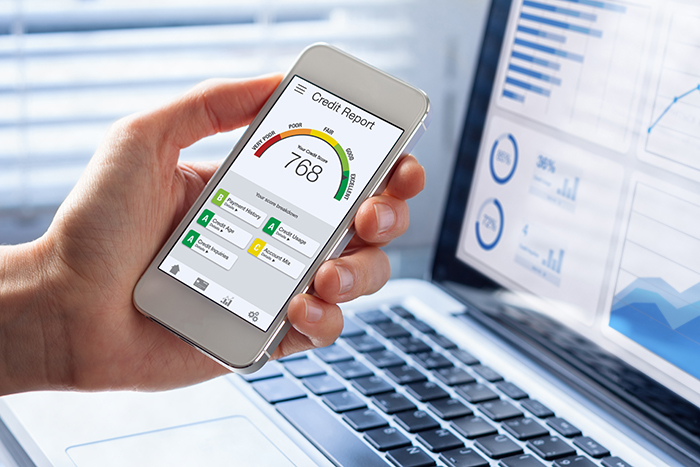Renewing your mortgage this year? Royal LePage has published a number of online resources available at the following links: OSFI to drop mortgage stress test for uninsured borrowers who switch lenders at renewal Federal government announces landmark adjustments to mortgage rules for first-time buyers in Canada 30-year amortizations on insured mortgages for new build homes

Buying a property is an adventure that includes several important steps, such as assessing your needs, house hunting, and presenting a promise to purchase. But for many aspiring homeowners, one crucial step is getting a mortgage pre-approval. Making a real estate investment depends on many factors, including your income, financial situation, and credit history. So, what credit score is needed to buy a home? This article will answer all your questions.
What is a good credit score?
A credit score ranges from 300 to 900 and determines your ability to repay a loan based on your credit history. The higher the score, the better your financial health.
What credit score is needed to buy a home? As a general rule, a score between 620 and 680 should qualify you for a mortgage loan at a financial institution.[1] This score will also be used to determine the rate and terms of your loan.
How do you improve your credit score to buy a home?
There are several ways to improve your score and invest in real estate. Here are five tips that will help you maintain a good credit history.
1. Check your credit score early on
By checking your credit history early on in the purchasing process, you will be able to see if there are any errors and correct them before applying for a mortgage. You can do this on credit bureau websites like Equifax and TransUnion Canada. Some financial institutionscan also provide you with this information.
2. Establish a strong credit history
This shows financial institutions your credit history. Keep your accounts and credit cards open, even if you don’t use them frequently.[2] If you are a reliable borrower, this will have a positive impact on your credit score.
3. Use credit wisely
Ideally, your credit usage rate should not exceed 35% of the authorized limit. If this isn’t realistic, try not to use more than 60% of the available limit.[3]
4. Make all your payments
A golden rule with credit is to make your payments before the due date. They should cover the entire balance, not just the minimum payment.
5. Don’t apply for multiple loans
Applying for more than one loan shows other lenders that you are in need of credit, which can cause your credit score to drop several points. If you have to apply to several lenders, do so within a short time span so that your score isn’t affected.
Want to improve your credit score so you can purchase a home? Seek out a financial advisor who can help you with this process. You’ll have all the tools you need to proceed with buying with a real estate broker.
Other articles that may interest you
Royal LePage resources for those renewing their mortgage
2025, february 20

How to sell your second home
2025, january 15
There are lots of reasons for selling a second home. You may be looking for a change, going through a separation, or noticing the property value has gone up. In some regions, the price of cottages and condos has doubled , which is advantageous for sellers. Since the pandemic, the secondary residence sector has been quiet due

The complete checklist for opening your cottage this spring
2024, may 10
Opening your cottage or cabin in the spring is a task many homeowners look forward to. With summer fast approaching, it’s time to prepare for another season of relaxation and fun away from the city. To ensure that everything runs smoothly, following a detailed checklist is essential. Here’s our top 10 list of tasks to



